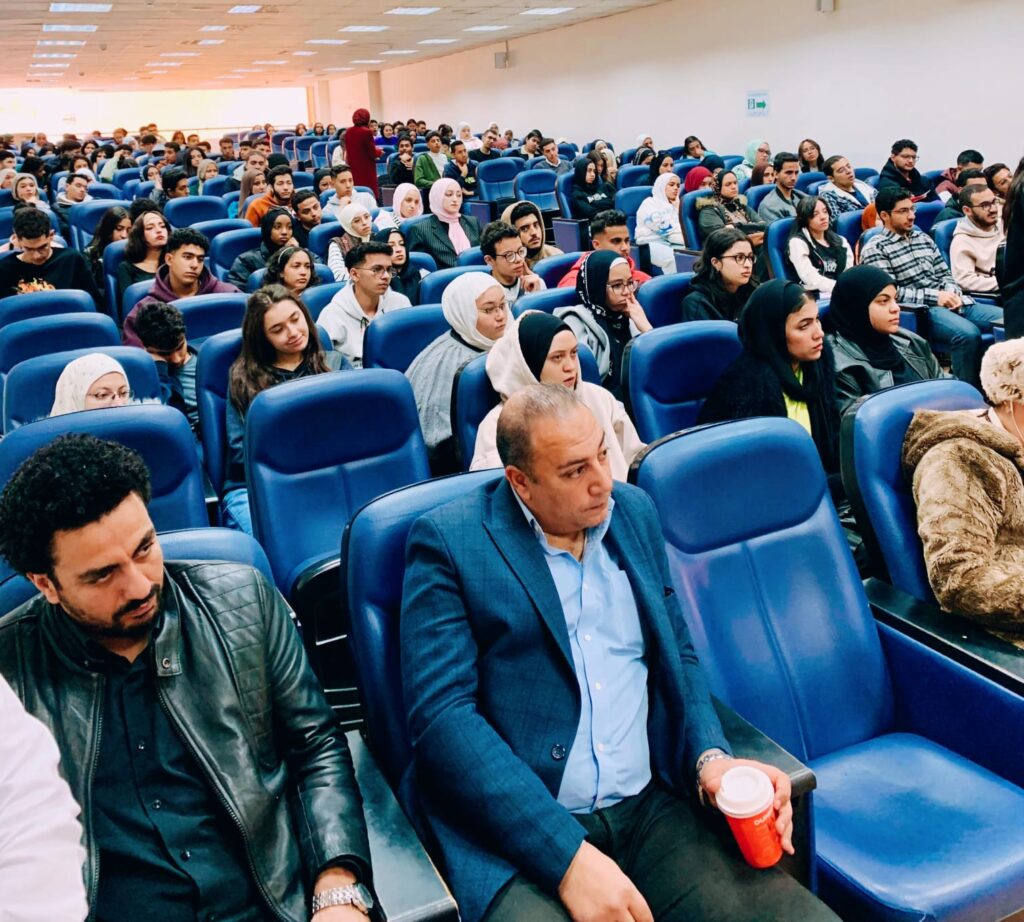Siltanews – News Desk
Bankers’ Hub Academy and Canadian International College (CIC) have announced the organization of free training sessions aimed at spreading financial awareness and literacy. These sessions are designed to equip individuals with the necessary skills and knowledge to navigate the financial world effectively.
The training will cover various topics, including personal finance management, investment strategies, and understanding financial markets. The goal is to empower participants to make informed financial decisions and improve their overall financial well-being.
Both institutions are committed to providing high-quality education and fostering a culture of financial literacy. This initiative is part of their broader efforts to support community development and enhance financial education.
Bankers’ Hub Academy in collaboration with Canadian International College (CIC) in Sheikh Zayed organized a free training program aimed at spreading banking and financial awareness.
During the training, the latest banking concepts and financial technologies were highlighted, with a large number of CIC students participating.

The training was inaugurated by Dr. Alaa Al-Qadi, Professor of Economics and Finance, and Deputy Dean of CIC, with a talk titled “Monetary Policy: The Invisible Hand that Guides Your Wallet.” The discussion covered how central banks influence the economy through interest rates and inflation control, and explored the cascading effects of monetary policy on savings accounts, loans, and daily expenses.
A group of experts in the banking and financial field also spoke during the training, including Dr. Heba Alaa El-Din, CEO of Bankers’ Hub Academy, who addressed several key topics related to the banking sector, such as:
The difference between a profession and a job and the importance of career path determination
The labor market needs in the banking sector and how to meet these needs.
An overview of major banking systems and their components.
Understanding the best available banking products and services.
The role of banks and the benefits they offer to individuals and companies.
The difference between monetary policy and fiscal policy.
The impact of bank certificates on national economies.
The difference between checking and savings accounts and which suits different customer needs.

Dr. Nada El-Shazly, Professor of Economics and Financial Technology at ESLSCA University, focused her talk on “Financial Technology and Digital Transformation in the Banking Sector,” discussing points such as:
The concept of digital banking and mobile banking services.
The uses and importance of financial technology in improving banking operations.
The latest digital transformation technologies and their impact on financial services.
How technological innovations enhance customer experience in the banking sector.

Dr. Mohamed Sharawi, Professor of Financial Market Economics, focused on financial markets and stock investment, discussing:
The definition of stocks and how companies issue them.
The difference between nominal value and market value of stocks.
Analyzing stock performance using financial indicators and modern techniques.
Reviewing global trends affecting stock market movements.
The importance of training and its impact.

The training contributed to raising banking and financial awareness among participants by providing practical information applicable to understanding banking operations and dealing with banking services more consciously.
It also highlighted the importance of financial technology and its role in developing the banking sector.
The training concluded with an interactive session to answer participants’ questions, emphasizing the importance of continuous learning to keep up with developments in the financial and banking sector.


